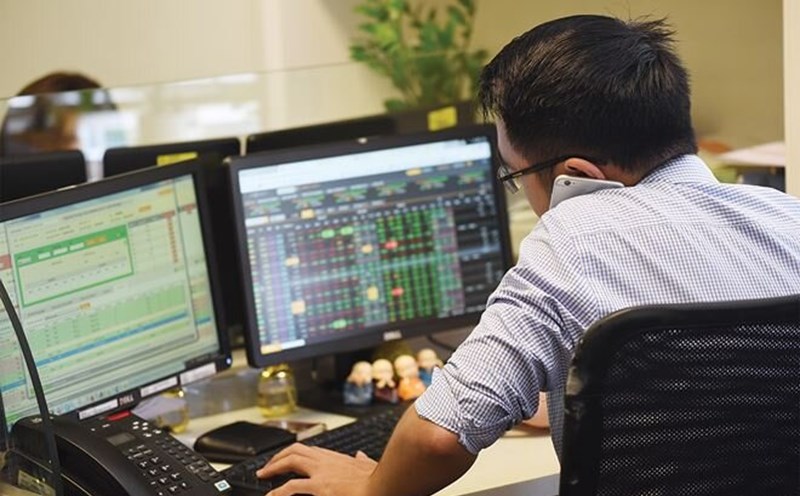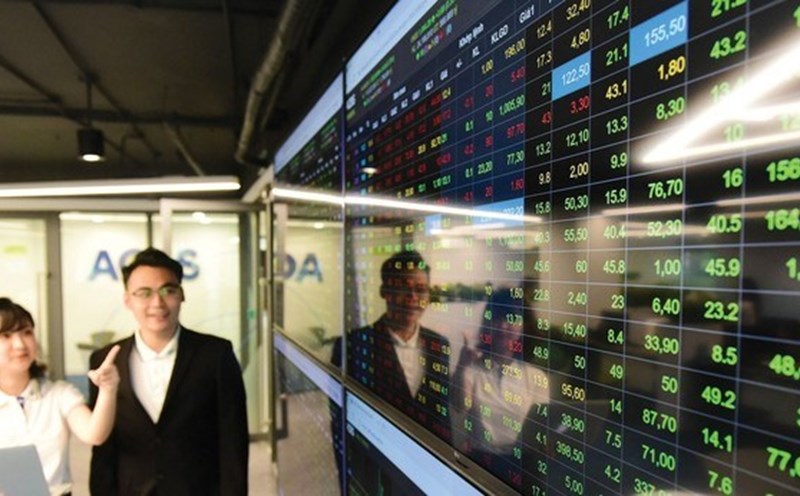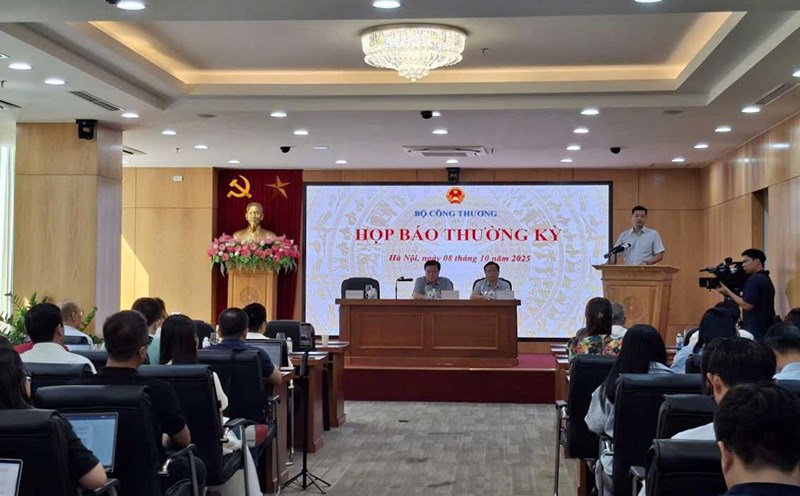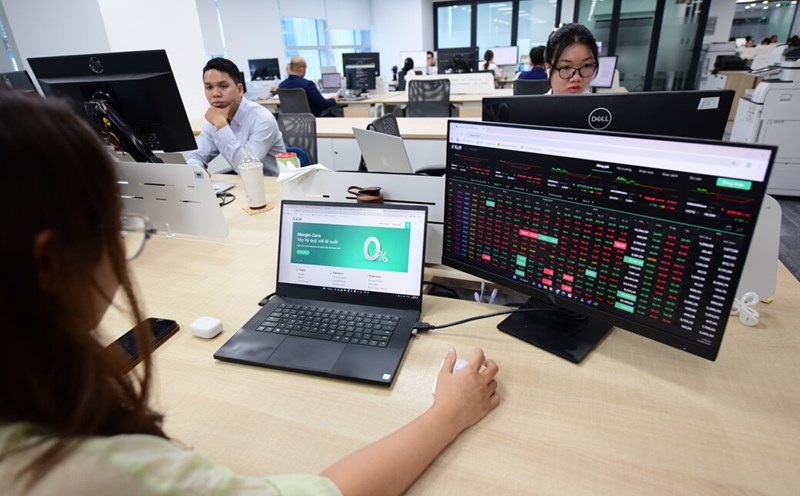In the early morning of October 8, FTSE Russell officially announced the upgrading of the Vietnamese stock market from Border to Secondary New Floating, ending a 7-year wait since being included in the monitoring list. This is a historic milestone, marking a major step forward for the Vietnamese market in the process of integration and approaching international standards.
Information about upgrading the stock market has created a strong reaction in the domestic market. Right from the beginning of the trading session on the morning of October 8, buyers took action, helping the VN-Index increase by nearly 50 points after just a few minutes of matching the ATO order. Green spreads throughout the electricity board, especially in large-cap stocks - names expected to benefit directly from the wave of foreign capital after upgrading. Many stocks recorded an increase of 3-5%, even a stronger breakthrough at times thanks to the rapid flow of speculative money.
However, after the exciting period at the beginning of the session, the market quickly cooled down. Short-term profit-taking pressure appeared early, especially in the blue chip group, causing the increase to narrow significantly. At the end of the session on October 8, the VN-Index increased by 12.53 points to 1,697.83. The value of matched orders on HoSE reached more than VND31,300 billion, an improvement compared to many previous sessions.
One of the reasons why the VN Index did not increase as expected stemmed from the "room-clearing" move of foreign investors. At the time of closing the morning session, foreign investors net sold nearly VND1,000 billion on the HoSE, raising the net selling chain to 16 sessions. However, at the end of the trading session, foreign investors returned to net buying with a value of about 156 billion VND in the whole market.
According to analysts at KBSV Securities Company, the pressure of selling a listed net may occur in the short term (expected after the date of announcement of the upgrade) on the Vietnamese stock market. This phenomenon occurs due to the compulsory divestment mechanism (exit mandatate) from border market monitoring funds. According to the passive fund principle, these funds must sell Vietnamese stocks because they are no longer in the Frontier Market index that the fund is monitoring.
According to KBSV, this temporary net selling is expected to quickly reverse as larger passive and active capital flows, referring to the Emerging Market index, begin to participate in disbursement before and after the official upgrade time.
Regarding the impact on market developments, from observing some cases that have been upgraded before, the analysis team found that this factor often had a quite positive impact on market developments in the stages before the announcement of the upgrade and before being officially upgraded. Cash flow is often speculative in the face and reflects expectations earlier than the actual developments.
However, after the announcement of the upgrade and even after the official upgrade, the market often tends to adjust due to investors' profit-taking moves when expectations are met. The level of regulation of the beat then depends on changes in the macro environment when new information appears.











